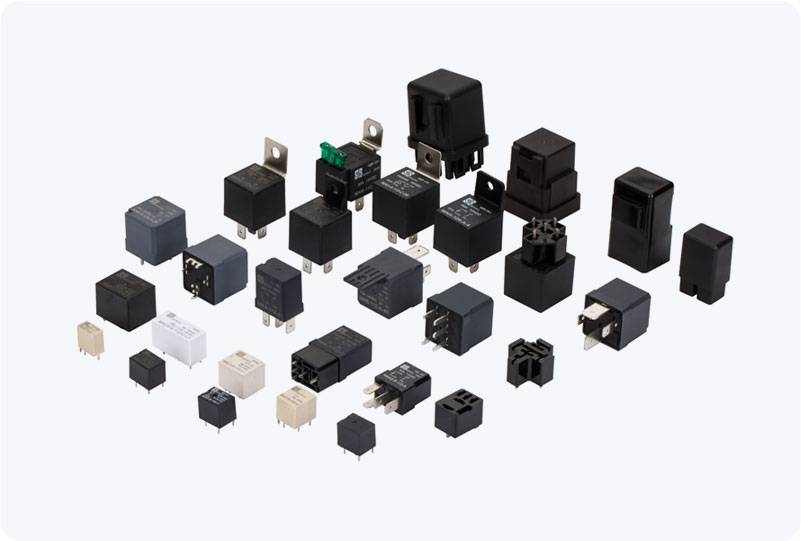In the rapidly evolving world of electric vehicles (EVs), the need for fast and efficient charging solutions has never been more crucial. One essential component that plays a pivotal role in the smooth operation of DC (Direct Current) charging stations is the DC Charging Station Relay. These relays ensure that the process of charging an electric vehicle is safe, efficient, and reliable, all while protecting both the charging infrastructure and the vehicle’s battery. In this article, we will explore the significance of DC charging station relays, their functions, and the key benefits they offer to EV charging networks.

What is a DC Charging Station Relay? A DC Charging Station Relay is an electrical device used in DC fast charging systems for electric vehicles. Its primary function is to control and manage the flow of electrical current and voltage between the charging station and the EV. The relay acts as a switch that can open or close circuits to regulate the power delivered during the charging process. In DC fast charging stations, the input is typically alternating current (AC) from the grid, which is converted into direct current (DC) to charge the EV’s battery. The relay ensures that the correct current and voltage are delivered to avoid overcharging or damaging the battery.